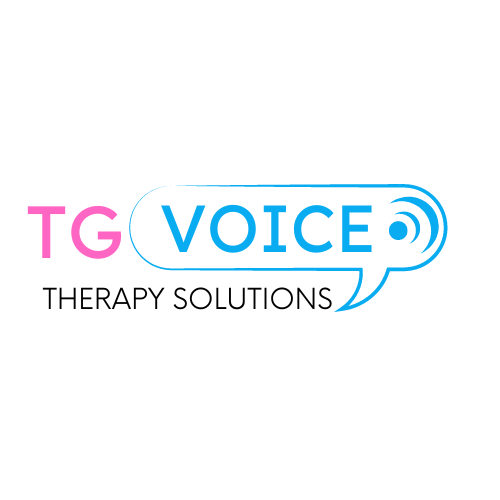
What is Intonation?
Intonation refers to the rise and fall of pitch in speech, which conveys meaning, emotion, and emphasis. It plays a crucial role in communication, helping to signal questions, statements, emphasis, sarcasm, and other nuances. In transgender voice therapy, intonation may be addressed to help individuals align their speech patterns with their gender identity. This can involve training to adjust pitch patterns, sentence stress, and melody of speech to achieve a more authentic and natural vocal expression.
Our General Treatment Plan
How can intonation exercises speech therapy help?
Our services are personalized to meet the individual needs and goals of each client, helping them to develop intonation skills that support their gender identity and enhance their communication effectiveness.


